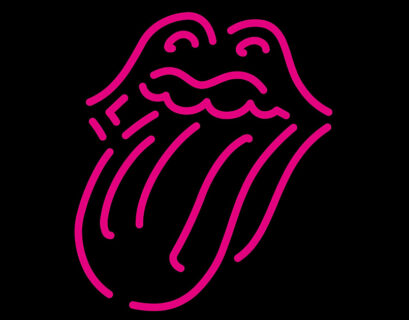It’s the time of year for saving money!
In 1960, jazz drummer and composer Max Roach created a powerful and inspiring album confronting the status quo in America. Called We Insist!, the album features performances from legendary Jazz vocalist Abbey Lincoln as well as saxophonist Coleman Hawkins, Nigerian conga player Babatunde Olatunji, trumpeter Booker Little and many others.
We Insist! was — and remains — a bold statement, ultimately made in support of and to call attention to the then burgeoning civil rights movement. There is much useful insight into the album’s creation on the Wiki (click here) but a recent addition underscores this album’s importance: “In 2022, the album was selected by the Library of Congress for preservation in the United States National Recording Registry as being “culturally, historically, or aesthetically significant.”
That We Insist! is also a fantastic listening experience is a bonus.
On Record Store Day I was happily surprised to find We Insist! re-issued, seemingly from an authentic source and with mastering done by legendary audio engineer, Bernie Grundman. I decided to grab a copy of this even though I have a very clean original pressing (which I found several years back at a garage sale).
My copy of We Insist! is Mono and the new edition is Stereo so I can’t compare them directly, but I can say that the new one does sound very, very good all things considered. I reached out to both the label and to the mastering company for confirmation of certain details, but I never heard back from either. So, I have no idea whether this was sourced from a high resolution digital file or was made in a completely analog manner (ie. original tape, safety copy, etc.). However, it sounds clean and clear. The new album displays a warmth similar to the feel of my Mono copy, so if it was made from a digital source the producers did a very nice job of rounding out any harsh artifacts that might have arisen.

The physical vinyl pressing of We Insist! is also rather interesting and curious as it is on very — very — thick crystal clear vinyl. This album feels more like a 200 gram pressing than the typical 180-gram. For those of you familiar with old Decca Records albums from the mid-to-late 1950s — which were often manufactured from polystyrene, not vinyl — this album feels kind of like that: thick and unbending.
The new disc is quiet and well centered, so those factors check out fine as well. Happily, the pressing is not displaying the somewhat angular sonic textures I often detect on translucent vinyl so perhaps the thicker pressing is of a higher quality than average (just speculating here folks).
The performances on We Insist! of course are fantastic, especially at the end of “Tryptych (Prayer/Protest/Peace),” where Abbey Lincoln launches into an extended vocal improvisation that is simply jaw-dropping and at times bone-chilling. I wouldn’t be surprised to learn that this performance might have inspired Yoko Ono on some of her vocal ideas (and I mean that in the best possible way as I am a fan of Yoko’s work). The distressing emotions she conveys are very clear and there is no mistaking the message.
I like the wider soundstage the Stereo edition delivers, particularly on Side Two. The tracks “All Africa” and “Tears For Johannesburg” feature Babatunde Olatunji (again, on conga) alongside Max Roach on drums and the sense of studio presence captured there is really nice.
The packaging on this reissue is generally of a very high-quality, printed on thick white cardboard stock with clean graphics (well, as clean as a faux newspaper design can appear). They even reproduced the original Candid Records label from the early 1960s so it feels about as authentic as we might hope for in 2022.
We Insist! is an important album and you should hear it in some form. If you can’t afford an original pressing this reissue is probably the next best thing at this point in time.


















